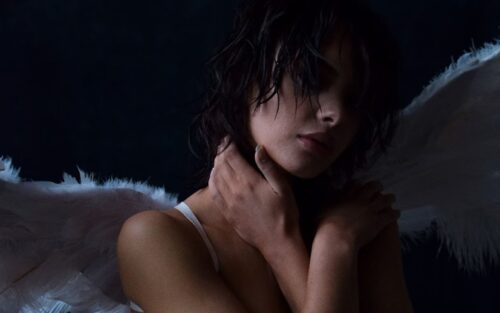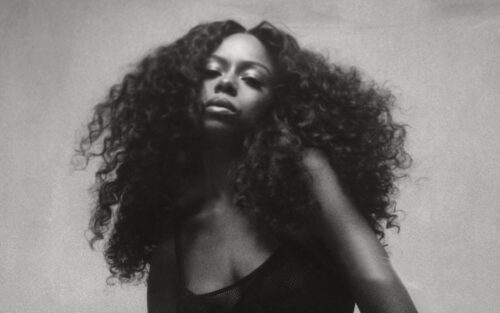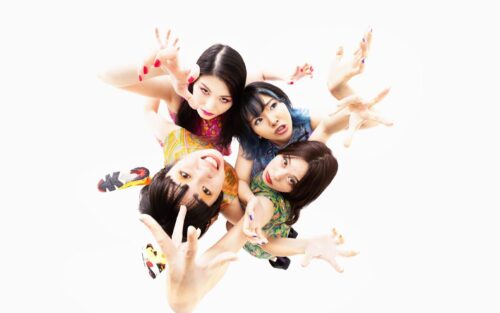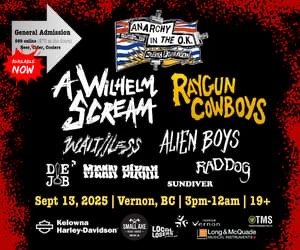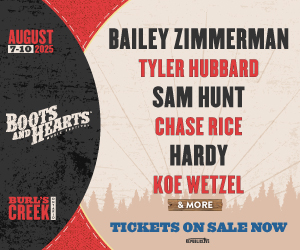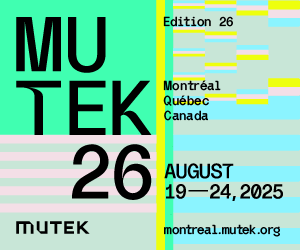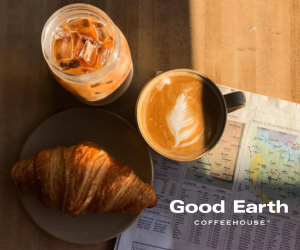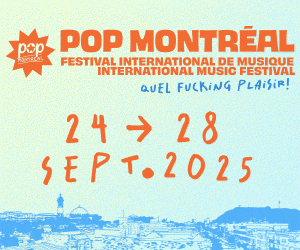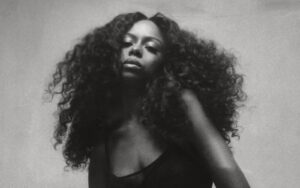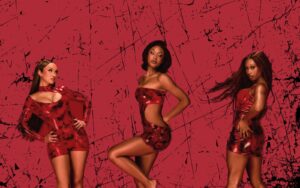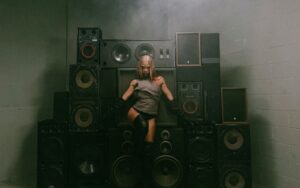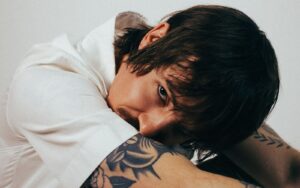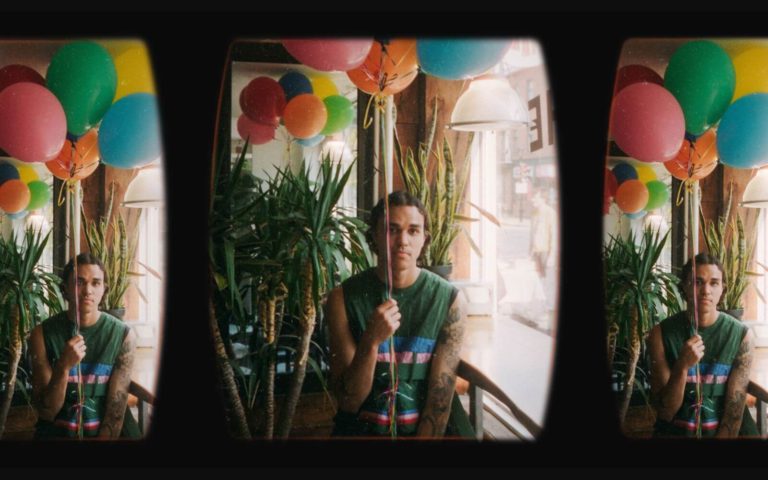
Benja Premieres New Video Single “Ivy”
On the heels of his debut EP, the fashionable songwriter lets his inner child loose and goes hunting for treasure.
by Molly Labenski
Photo by Raiden Louie
- Published on
Inspired by a childlike approach to creating, Toronto artist Benja brings a whimsical and uninhibited approach to his music. He leans into his raw emotions and expresses them in a conversational tone that mirrors the stream-of-consciousness manner of speaking that children might use to describe their day. In his new video single, “Ivy,” Benja is on a treasure hunt for love— but not just in the romantic sense, as his new EP of the same name explores love in the form of familial connections and self-assurance as well.
Following a crayon map through mountains, valleys, cities, and cacti, Benja keeps his head down until he finds where X marks the spot. Although the song itself expresses physical nostalgia for a love from the past, as it uses the titular symbol of the creeping plant to evoke two partners intertwining themselves around each other like ivy attaching itself to a tree, the video concludes with Benja swimming alone. Ultimately, “Ivy” suggests that the process of getting over someone is a journey, but one that doesn’t always need to be taken too seriously.
Benja joins us below to talk about the vision behind the song’s concept, his fashion inspirations, and the events of his real life mirroring the video itself.
You describe your new EP Ivy as a self-portrait. Does each song represent a different facet of your personality, or are they all a mixture of multiple facets?
I think they are all a mix of multiple facets. There’s a few main themes that every song explores. I didn’t realize this while I was making it, but looking back now I can see the through-line much clearer. The themes are displayed most clearly in my song “Family Tree.” I’m trying to unpack things about myself through my portrayal of my parents. For example, I say my dad is a nomad, a traveller, and an adventurer. So that’s a part of me too, and there are positives and negatives about that, which I am learning. I am trying to figure out that side of myself. And at the same time, I’m trying to understand my father better.
Can you tell us more about your new video single and the EP’s title track, “Ivy”? Who directed it? What is the vibe? What was the inspiration behind the song and its accompanying video?
I wouldn’t say anyone directed it. My friend Sameer Cash and I basically went into the desert with a Super 8 Camera and did some runnin’ and gunnin’. We had the loose concept that I was on a treasure hunt for love. We actually ended up getting lost in the desert, and I had to swim in ice cold water because we wanted to get to some hot springs. Basically, the song actually came true in real life. We ended up living the song for real. [Lyrically,] “Ivy” is a symbol for deep companionship and love. I conceptualize a deep love like it’s two people, two vines of ivy, wrapped around a tree. Intertwining. That’s what I’m looking for in the song.
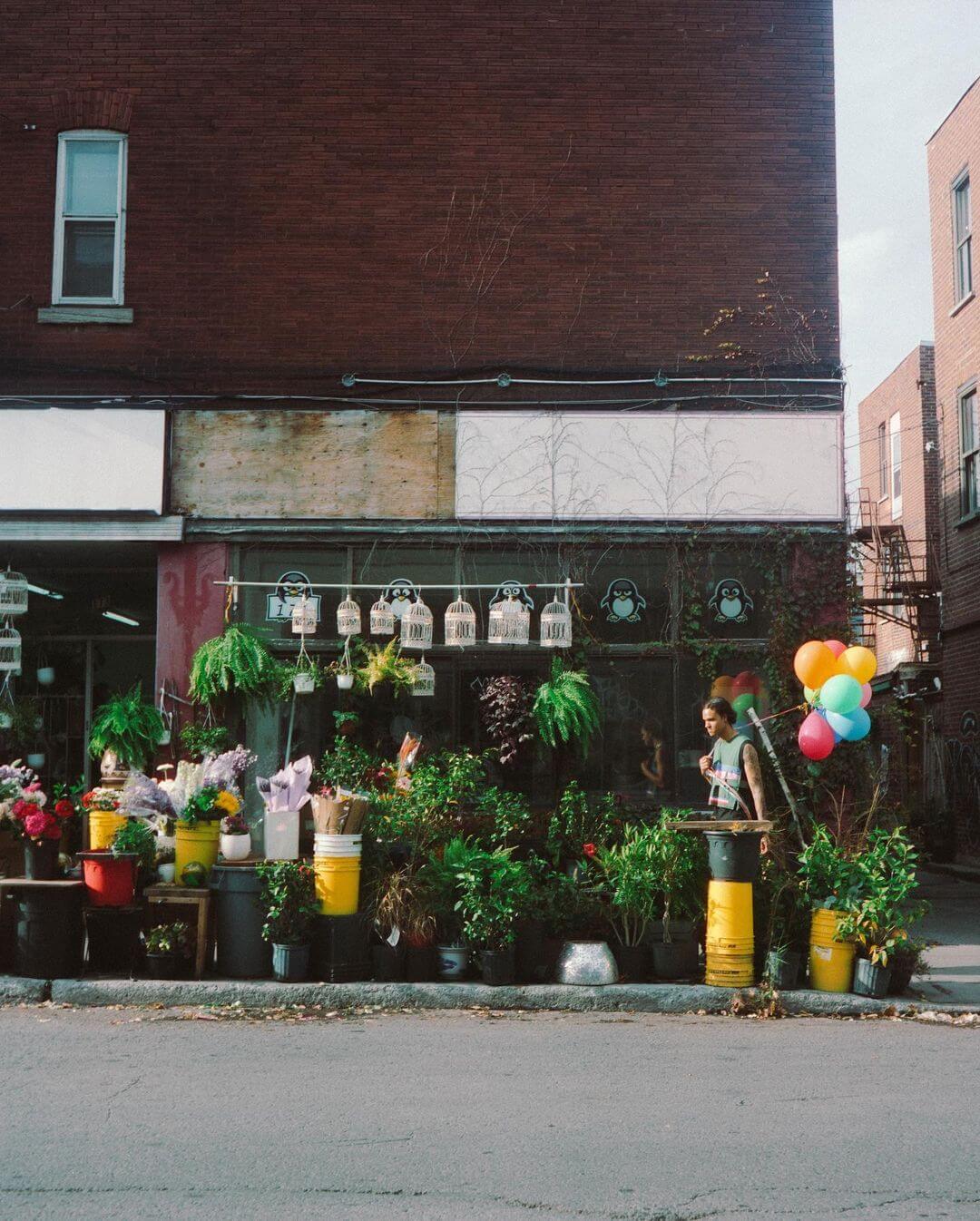
How did your participation in the Toronto music scene shape your artistry?
So many people I’ve talked to who aren’t from Canada all say that there is something is in the water in Toronto. There are so many amazing and inspiring artists coming from Toronto. I’ve been influenced by a lot of them. I was in an indie band in middle school and high school and I was always pulling from Toronto indie bands like Born Ruffians and Tokyo Police Club. More recently, with artists like Daniel Caesar, River Tiber, BBNG, and Charlotte Day Wilson creating a whole new Toronto sound and scene, there’s so much to be inspired by and to build on. All the aforementioned artists and bands set a very high bar. The way my music sounds is directly influenced by all of them!
You work with a lot of other artists, not just in the music scene but in the fashion industry as well. How did your collaboration with Alexa Hatanaka come about? Who are they and what makes this such a significant collaboration?
Alexa and I became friends when we bonded over our love of my favourite designer Craig Green. She is an extremely talented, passionate, and accomplished visual artist who uses intricate traditional techniques and breathes new life into them. When we met, she had already started her project of making clothes out of Japanese Washi Paper, which I thought were some of the most beautiful pieces I’d ever seen. Alexa and I wanted to make art that lives and breathes. So we took inspiration from some of my favourite Craig Green pieces and she made the most insane paper set for me. We called it Family Tree.
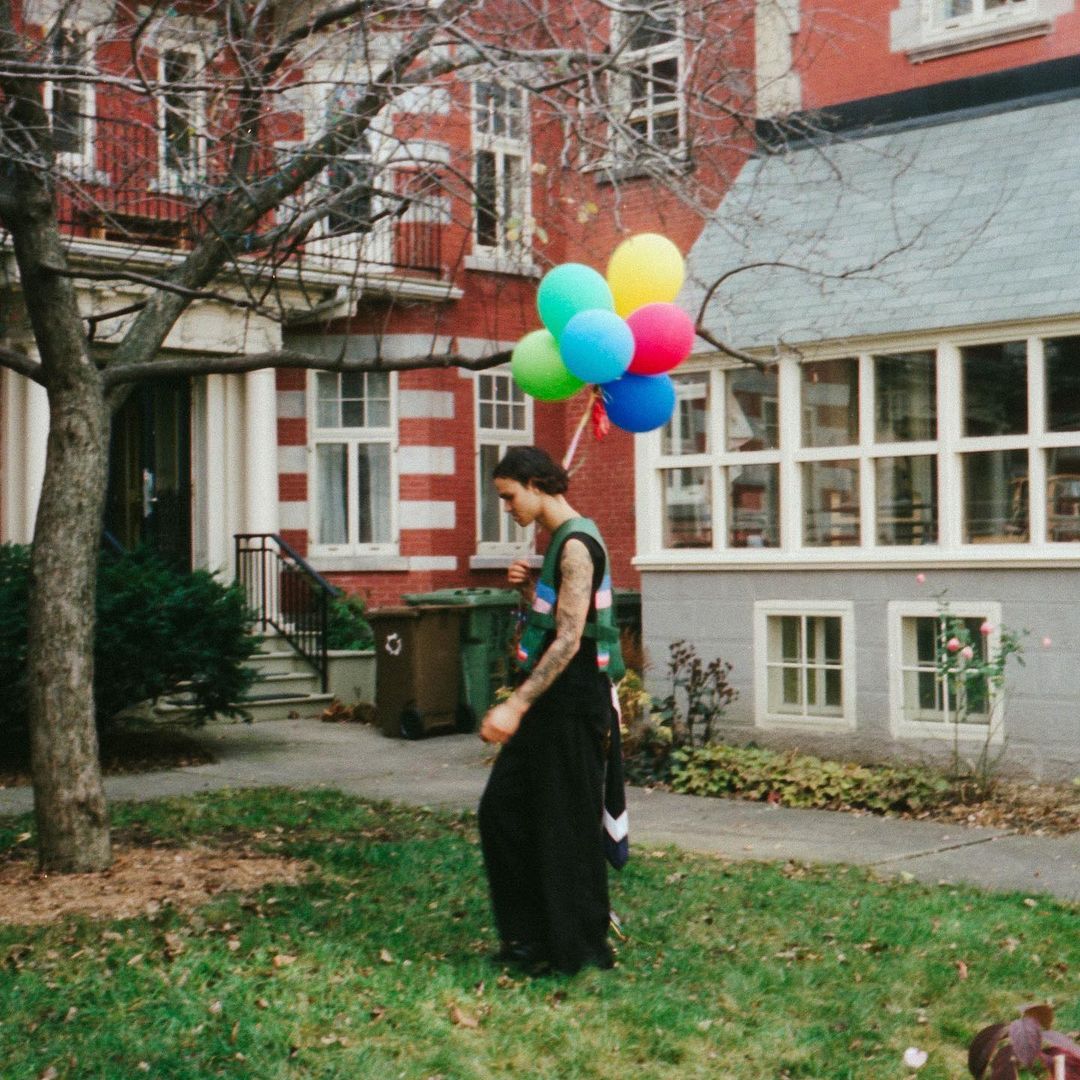
Does your interest in fashion contribute to your musical style or creative process in any way?
Absolutely! Watching and analyzing runway shows and how designers weave stories into clothes in and across collections really changed the way I make music. One thing that really stuck with me is also from Craig Green. He produces really deep and emotional and conceptual statements, but he approaches them from a really playful place. He creates like a kid: lots of free association, lots of nostalgia, little thought. He uses lots of childhood adventure tropes like kites and tents. Learning about his process of creation and engaging with his clothes opened my mind up. I wrote “Slacker” in like 30 minutes—barely thought about it. If a line made me laugh or smile, I’d use it. I felt like a kid when I made that song. It has silly moments, but in some ways it’s one of the most truthful and deep songs on the project.
Since you’ve worked with so many other artists, how does it feel now to be taking centre-stage with your own solo project? Do you approach the creative process differently when your own work is the main focus?
I don’t see my own projects as that different. It’s all just making music with my friends. For many of the projects I work on, I feel like we are building something together—a big garden. So to me, it’s not that different.
Personally, what is one of the most challenging things about being an emerging indie artist today?
I think the social media component is really hard. It requires a whole different skill set. I think it’s still highly creative, but it’s like learning a new instrument or a new language. It’s a big learning process, [knowing] how to express yourself through social media in a way that feels fun and authentic to you.
What are you working on now and what can we expect next from Benja?
I’m working on albums for a few other friends of mine, and my next EP! We can expect a single from Just John in May, and albums from both Hodgy and K’naan later this year, as well as another Benja EP.
Ivy is available now on all streaming platforms.
By Cam Delisle
Between the virality of “Love Me Not” and the clarity of her sophomore LP, the Chicago-born soul innovator proves that real pop music takes time.
By Khagan Aslanov
Guitarist Yoshie from the Kyoto noise quartet discusses leaving the underground and the band’s place in Japan’s experimental realm.

